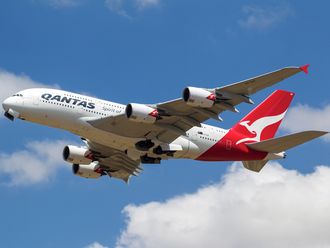Dubai: Even as the US hardened its stance against Iran over its nuclear programme, the local insurance sector had been taking pre-emptive steps in insuring cargo headed for that country and on hulls having Iranian interests.
Market observers report that some of the international insurers with offices here have stopped taking on any risk associated with cargo bound for Iran or on hulls where the owners/ managers/operators are of Iranian nationality.
The approach of international insurers to the problem has become apparent over the last four weeks but their exit has not been felt as much since local insurers were still active in covering Iran-bound cargo during the period. But now, with the UN upping the ante, local insurers are bound to come under renewed pressure.
The restrictions on Iran-related insurance and reinsurance are primarily due to the Ofac (Office of Foreign Assets Control) restrictions imposed by US Treasury and the UN embargoes which are enforced by US and European countries.
"Over the last two weeks or more, local insurers are limiting their cover only up to a port in Iran and not beyond," said an underwriter with a local insurance firm. "The risk cover ceases as soon as the goods reach the port and this is a direct consequence of whatever has taken place on the sanctions side."
But such is the fluid nature of an already tense situation that things could change overnight. "It remains to be seen how many of the local insurers will still feel comfortable with covering Iran-bound cargo if there is any spike in tensions," the official added.
"If some of them follow the steps taken by the overseas insurer, obviously cargo insurance rates meant for Iran are bound to go up."
These factors will have major consequences for the movement of goods from here given Iran's status as a leading re-export destination.
Should insurance companies be allowed to wash their hands of goods coverage once they reach












